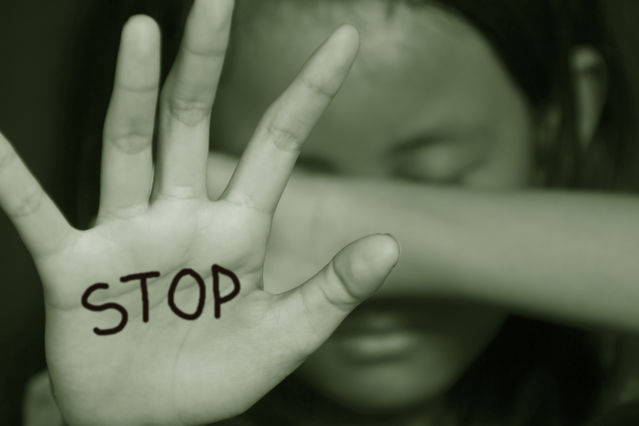
Sexual Abuse
Beyond the Casting Couch: Part 1
The feeling of powerlessness.
Posted November 14, 2017

In the last few weeks, more and more successful and powerful men have been accused of sexually assaulting, exploiting, and abusing vulnerable, trusting, and unsuspecting male and female teenagers and adults. The horrifying notion of a “casting couch” is apparently still alive and well. And allegations against sexual perpetrators from various other industries are also emerging.
Victims are made to feel powerless: believing that either speaking up or not complying would have a devastating impact on their present and future livelihoods. But, the good news is that more victims have found the courage to come forward. This can have a profoundly positive effect:
- It allows victims and survivors to break years of silence.
- It creates a national forum for survivors to “use their voices”—something that is typically taken away from them when they’re being traumatized.
- The conversation reduces shame because it universalizes the issue and helps survivors to feel less alone in their pain.
- It creates the opportunity for survivors to support each other by saying, “Me Too.”
- It’s a real attempt to hold perpetrators accountable and to seek justice for those who have been harmed.
It hopefully encourages prospective abusers to think twice before preying on victims, showing them they might not get away with their criminal behaviors
When victims speak up, they are letting perpetrators know that the impact of what they’ve done reaches far beyond the acute moments of confusion, terror, pain, betrayal, or helplessness experienced during the violation. It’s imperative that these courageous disclosures are met with a full investigative process to determine if criminal charges should be pressed. It’s equally important that any organization partnering with or endorsing the work of an actor, producer, or another type of professional, who admit to being a sexual predator, also finds the courage to take a stand and terminate their association with that person. It’s heartening to see that film and television studios are doing just that in response to recent admissions of “indiscretions.”
And now for the bad news:
- It's a frighteningly rampant problem.
- It’s a problem that has been enabled, colluded with, gone unchecked, and kept underground for way too long.
- Predators add another layer of trauma when they use sugar-coated euphemisms to describe behaviors that are violating or try to excuse their actions because they were drunk, confused about their sexual identity, or thought what they were doing was “consensual.”
- The general public is being given the message that one week in “sex rehab” is all that is needed to stop behavior that is chronic, narcissistic, and potentially sociopathic.
- These disclosures can also be profoundly triggering for the countless survivors of abuse in the general population, and serve to reinforce the notion that no can be trusted.
In part two of this series, I will focus on the adverse impact that these disclosures can have and what survivors can do to comfort and protect themselves as additional stories of abuse and betrayal continue to come to light.

